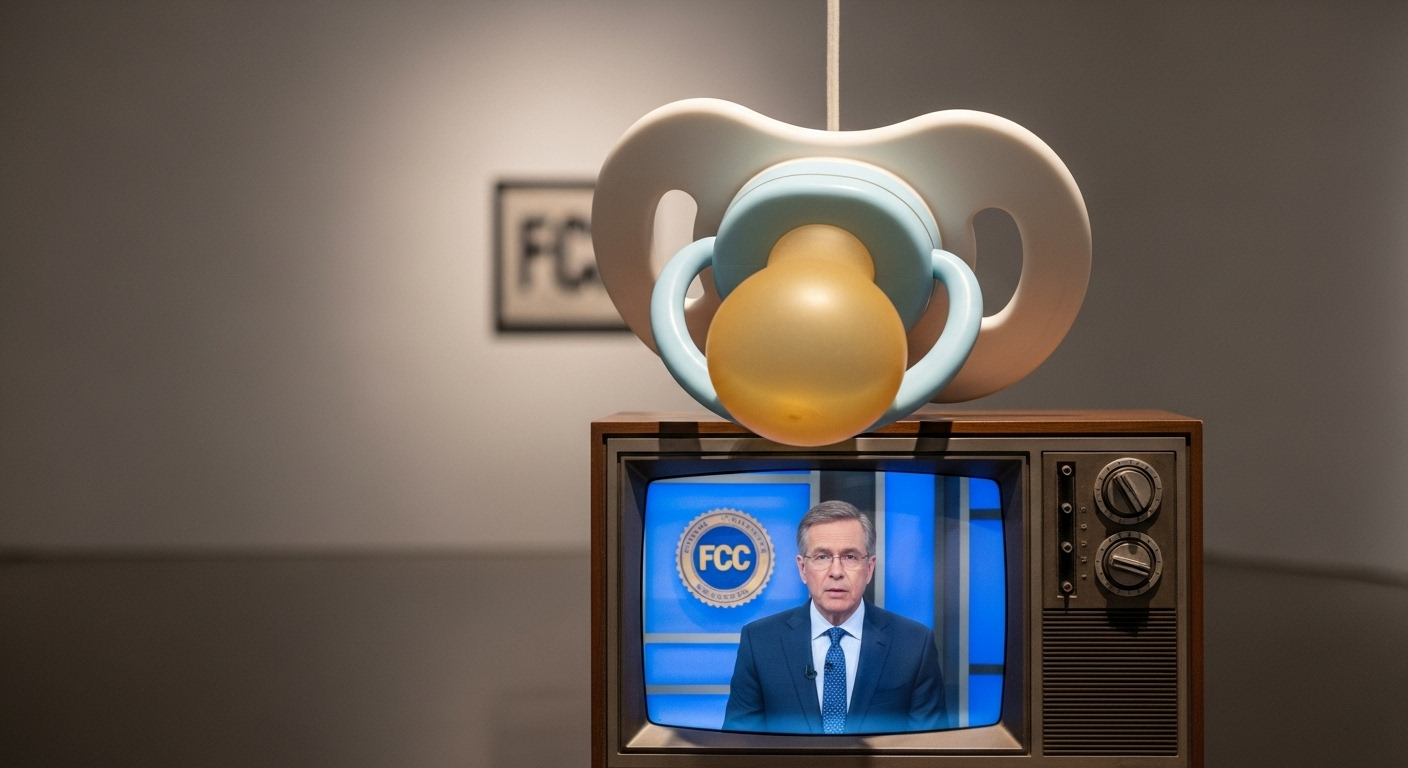So, picture this: You’re grabbing your morning coffee, scrolling through the news, and you stumble upon something that makes you do a double-take. That’s exactly what happened to me recently when I saw a headline about the FCC wanting to appoint a ‘babysitter’ for CBS News. Yeah, you read that right – a babysitter.
Wait, What Happened?
Apparently, the Federal Communications Commission (FCC) was looking into a proposed merger between CBS and another company. As part of this, they were considering appointing a monitor – someone to essentially watch over CBS to make sure their news coverage wasn’t biased, specifically ‘anti-Trump.’ It sounds like something out of a satire, doesn’t it?
Why This Is a Big Deal
Now, whether you lean left or right, this kind of thing should make us all pause. Why? Because it touches on something really fundamental: the freedom of the press. For centuries, a free and independent press has been seen as a cornerstone of democracy. Their job is to report the facts, hold power accountable, and give us, the public, the information we need to make our own decisions.
When a government body starts talking about ‘monitoring’ news outlets for ‘bias’ in this way, it opens a really tricky door. It’s like saying, “We don’t trust you to tell your own story, so we’re sending someone to make sure you say the right things.”
The ‘Chilling Effect’
Think about it. If news organizations know they’re being watched by a government-appointed ‘babysitter’ specifically for political leanings, what do you think happens? Do they become more cautious? Do they shy away from certain stories or angles, even if they’re legitimate, just to avoid being accused of bias? That’s what’s called a ‘chilling effect.’ It’s not outright censorship, but it can lead to self-censorship, which is just as problematic.
Imagine a reporter holding back on a tough question or an editor softening a headline, not because it’s inaccurate, but because they’re worried about how the ‘babysitter’ might interpret it. That’s not a free press; that’s a press walking on eggshells.
Our Role as News Consumers
This isn’t just about CBS or the FCC. It’s about all of us and how we consume information. In an age where news comes at us from every angle, it’s more important than ever to be smart consumers. We need to question, to seek out multiple sources, and to think critically about what we’re reading or watching.
If we rely on someone else – especially a government body – to tell us what’s ‘biased’ or not, we’re giving up a huge part of our own responsibility to stay informed and make up our own minds. The best defense against bias isn’t external control; it’s a well-informed and discerning public.
The Takeaway
The idea of a government ‘babysitter’ for news might sound absurd, but it’s a stark reminder of how precious and fragile media freedom can be. It’s a signal for us to pay attention, to value independent journalism, and to always, always ask questions. Because ultimately, the best ‘babysitter’ for our news isn’t a government appointee; it’s an informed and critical public.
